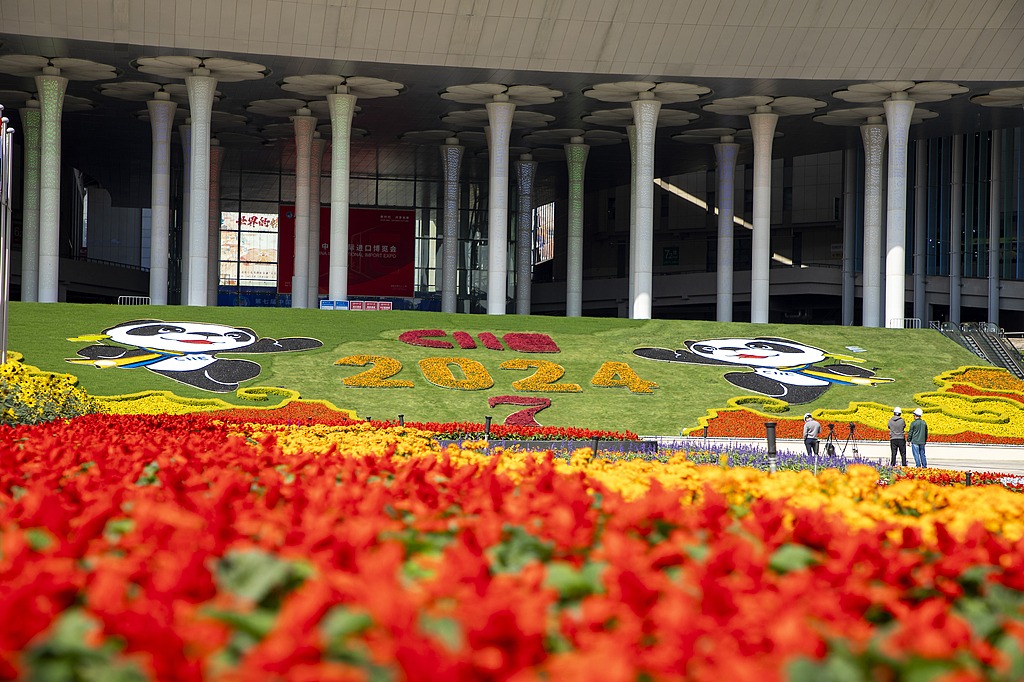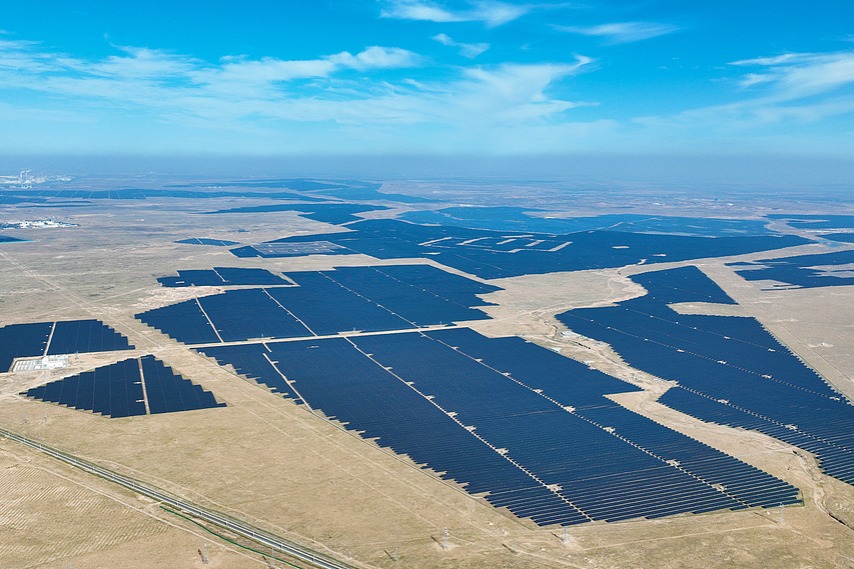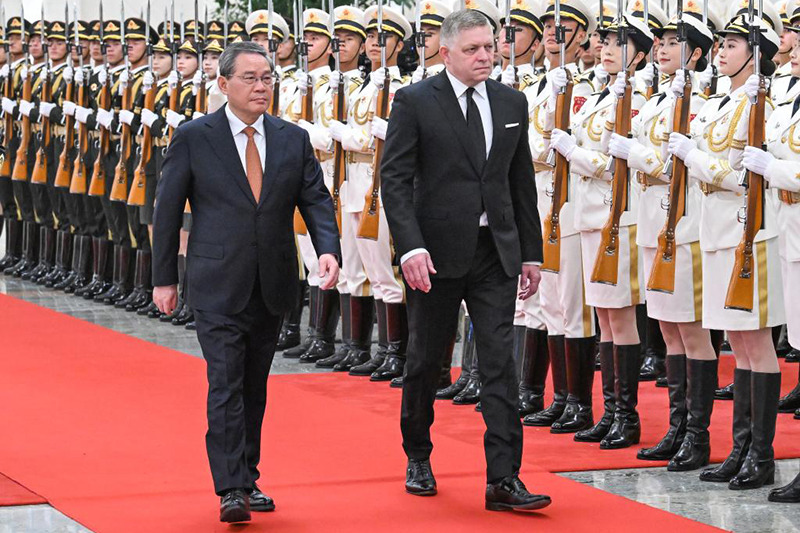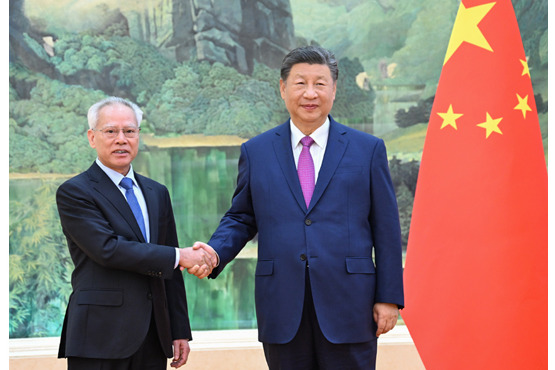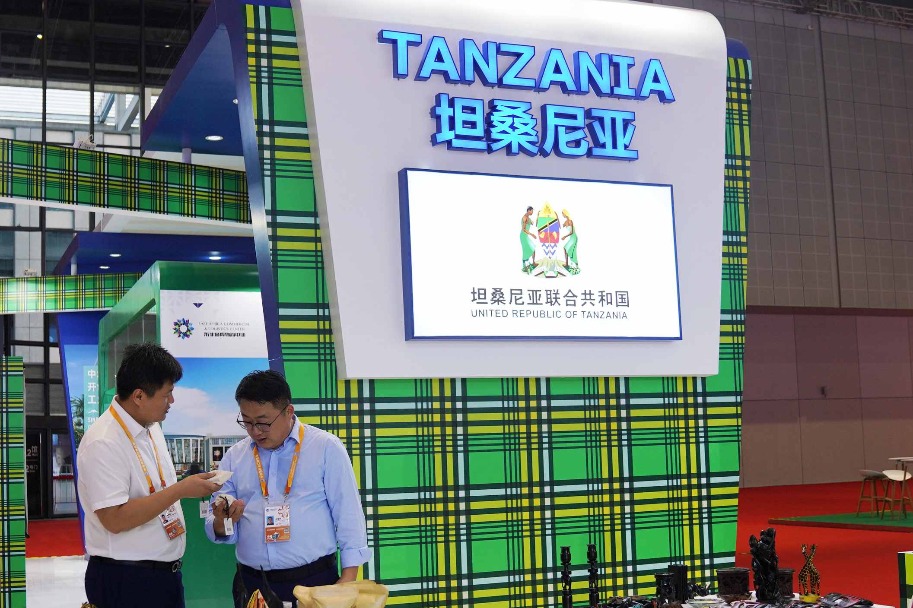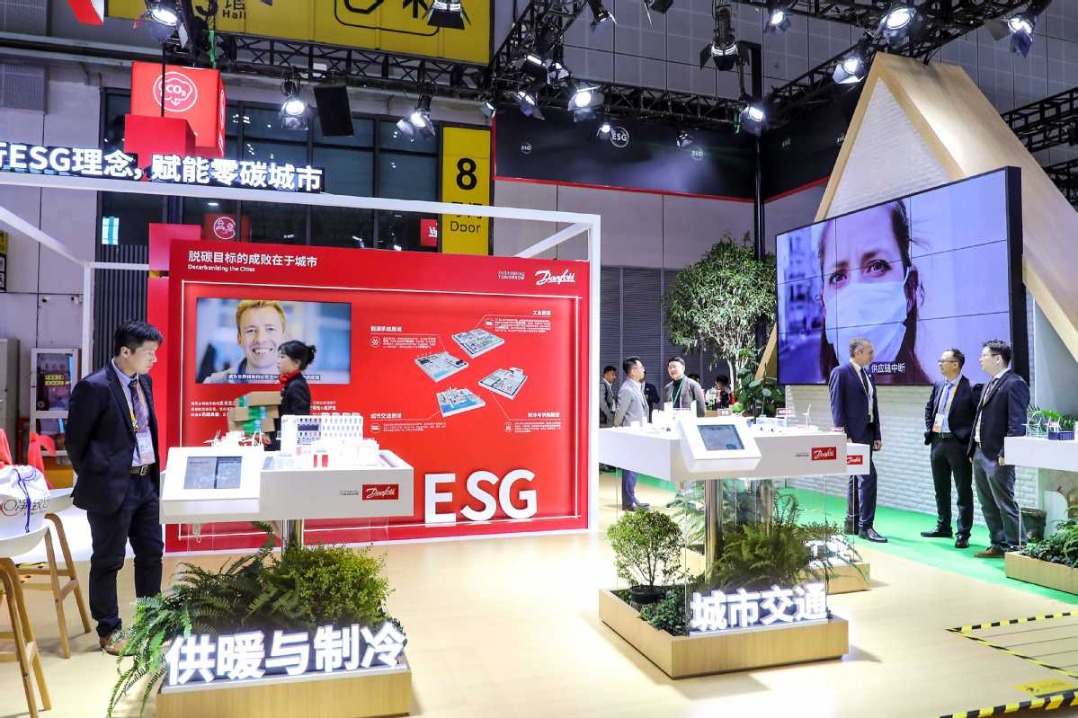Sports classes gaining popular approval

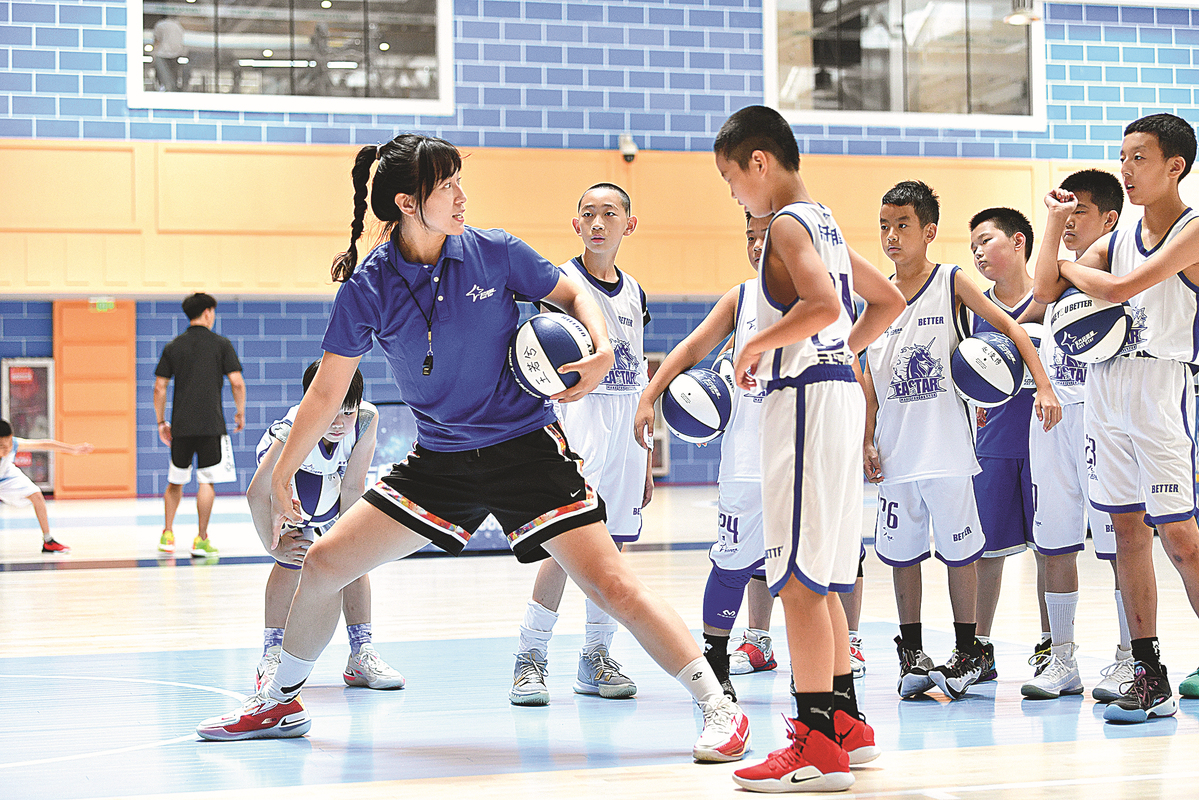
Under regulations, after-school academic tutoring gives way to range of physical lessons
Instead of having his winter break packed with academic tutoring sessions, Li Yixuan, 13, of Beijing, took basketball, skiing and handwriting classes. He said it was the best holiday ever.
Li said more than half of his classmates took at least one sports-related class during the break, a huge change from the prior practice of filling up the holiday with extra drills on subjects like math and English.
"Since most of academic tutoring was halted during the winter holiday, sports lessons help children build up their bodies and strength, and more importantly, prevent them from spending a long time glued to an electronic screen," said Yao Na, Li's mom and an English-French interpreter. Yao paid over 2,700 yuan ($424) weekly for his sports classes.
Extra sports training, long regarded as less important than additional academic study, became an unexpected bonus for Chinese students and parents after the government enacted its strictest limits ever on after-school tutoring in July.
The market size of sports tutoring for teenagers is expected to exceed 130 billion yuan by the end of next year, the Ministry of Education said.
According to the July guideline, businesses offering academic classes on weekends and holidays are permitted to provide tutoring only on weekdays with a limited number of hours. They are not allowed to provide such services at any time during summer and winter breaks.
The new rules changed things for the large number of Chinese students who were accustomed to taking lessons in subjects such as Chinese, math, chemistry and history during the long break to get better grades in a highly competitive society.
Parents found that being coached in sports often costs more than academic tutoring. Tang Li, a 39-year-old Beijing resident, paid 900 yuan for a child's two-hour tennis lesson and another 1,000 yuan for a physical conditioning class. Academic tutoring usually costs 200 to 300 yuan for two hours.
Larger-than-expected demand from millions of Chinese parents is perhaps the last ray of hope for the multibillion-dollar after-school education market in China, which has been desperately exploring new ways to survive and thrive again.
More than 33,000 new sports and art tutoring companies sprung up in the wake of the new regulations on after-school learning, an increase of 99 percent year-on-year, according to analytics firm Tianyancha.
Liu Feng, general manager of youth training at East Star, a leading basketball tutoring company, recalled a winter busy with calls from interested parents. Liu said the firm had seen a "great passion" to learn the sport from students over the past two months.
"A group of education giants like New Oriental Education and Technology Group and TAL Education Group has arisen from booming market demand. Instead of saying there has been a dramatic change, quality nonacademic education is blooming, thanks to favorable policies," he said.
Liu added that with 130,000 registered students and 700 centers in some 180 cities across the country, his company's revenue has doubled from last year.
"Another change is that more and more young children are signing up for basketball tutoring. In response, the company has increased the number of classes for younger children and has specifically developed classes more suitable for them," he added.
The weight given to sports and gym scores on the high school entrance examination has continued to rise in many provinces and cities. Yunnan province increased the top possible gym score on senior high school entrance examinations to 100 points, while Beijing increased it from 30 points to 70 points. That gives it more importance when total subject scores are tallied.
"Behind it is a broader trend of the country paying more attention to physical fitness and all-round development of the young generation. It was not an upside-down change for the sports sector, but parents are indeed willing to invest more in sports," said Wen Liyuan, chief operation officer of youth training at the China Open tennis tournament.


















